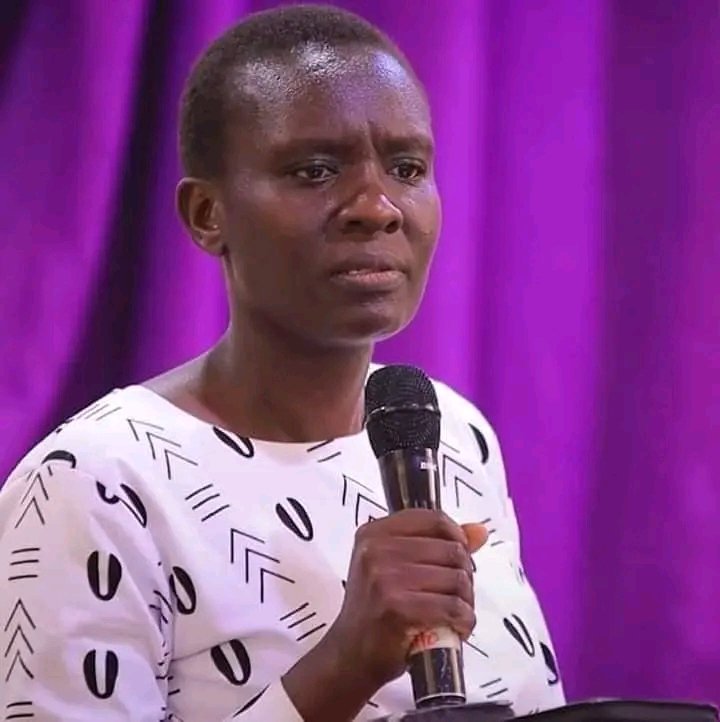Pastor Elizabeth Mokoro has stirred up significant debate after strongly criticizing adults over the age of 25 who continue to live with their parents. In a recent sermon, the renowned preacher urged young adults to move out of their parents’ homes and seek financial independence, emphasizing that continued reliance on parental support stifles personal growth and ambition.
Mokoro’s message was clear: at 25, young people should no longer be living under their parents’ roof. She argued that staying at home past that age leads to complacency and a lack of drive, as young adults begin to think of themselves as children. In her view, this hinders the development of critical life skills, such as planning for the future and taking personal responsibility.
The pastor advocated for those in their late 20s to take on whatever housing options are available, even suggesting they seek out modest accommodations like a one-room apartment in places like Dandora, Nairobi. She believes that hardship is a crucial part of personal growth and that the struggles of independence sharpen the mind and build character.
Mokoro also challenged parents to stop financially supporting their adult children and to encourage them to step into adulthood. She advised parents to tell their grown children, “We’ve educated you, we’ve raised you, now go and help yourself,” even if they are unemployed. Mokoro emphasized that the reality of life is tough, and in places like Nairobi, failure to hustle can result in hunger. She also noted that staying under a parent’s roof can dull one’s sense of urgency and ambition.
While some praised Mokoro’s tough-love approach, others took issue with her comments, citing the challenging economic realities that many young people face today. Critics pointed out that skyrocketing inflation and a lack of job opportunities make it difficult for young adults to become financially independent. Some commenters even shared that they were in their 30s and still living with their parents due to economic constraints, while others expressed that their parents continued to support them, even bringing them breakfast in bed.
Despite the mixed reactions, Mokoro’s message touched on a broader issue about the need for young people to cultivate resilience and self-sufficiency in a rapidly changing world. Her sermon reignited a conversation about the balance between parental support and the necessity for young adults to stand on their own two feet.
Mokoro has been known for her dynamic and passionate sermons, and this latest message sparked considerable debate. Some defended her stance, suggesting that her message was meant to inspire young adults to face challenges head-on, while others felt she failed to acknowledge the systemic barriers that prevent many from achieving independence.
In response to rumors that she had encouraged students to abandon their education, Mokoro clarified that she had never advised anyone to quit school. Instead, she reaffirmed her commitment to her pastoral duties and continued to engage in lively discussions with her congregation about the challenges facing today’s youth.
Her strong stance on independence has undoubtedly sparked a much-needed conversation about the balance between parental support and the drive for personal growth, urging both parents and young adults to reflect on their roles in shaping a more self-sufficient future.

